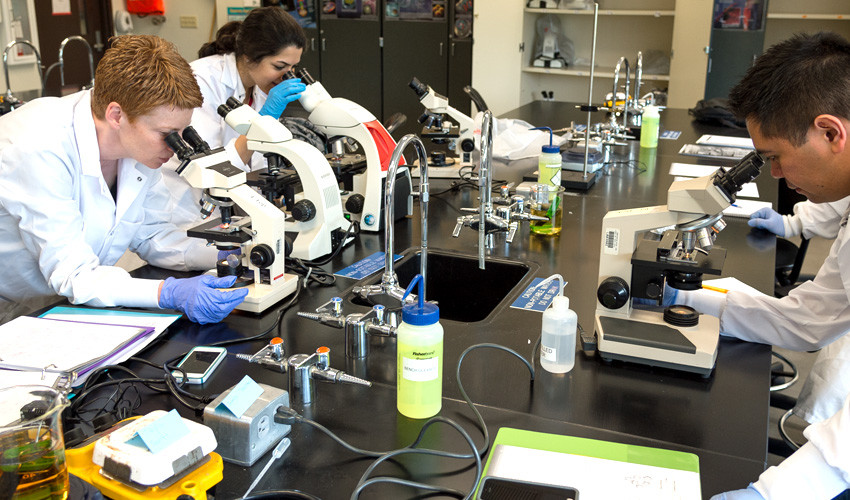Clinical laboratory services are tests provided by a medical lab that aid in diagnosis and treatment of patients. There are many types of clinical laboratory services, including:
- blood count
- urinalysis
- cholesterol tests
- hemoglobin tests
- spinal fluid analysis
- liver function tests
- immunology and allergy testing
- diagnostic testing
- transfusion medicine
- pathology, and
- therapeutic drug monitoring
When and how do I choose a clinical laboratory service?
If you anticipate a high volume of analysis or lack the necessary budget or space to procure the necessary instrumentation to perform your own tests, than you may want to consider soliciting a clinical laboratory service. Clinical laboratory services may vary from lab to lab, so if there are specific tests needed, it is best to determine where they are available. Looking for a service that can accommodate all of your testing needs will allow a one-stop shop for your diagnostic requirements.
Change in patient management: The ability of a physician or other patient care provider to consistently make timely and evidence-based decisions which result in a change in care management is directly related to the availability of accurate, reliable and timely laboratory testing and reporting of results. A few examples that illustrate the laboratory professional’s ability to be the primary enabler of therapeutic efficacy are:
- Monitor the effectiveness of parenteral nutritional treatment
- Ensure proper dosing of medication
- Monitor harmful effects of therapeutic drugs
- Identify the causes of infection
- Determine effective antibiotic therapy
- Monitor the effectiveness of cancer therapy
- Provide real-time decision support
Clinical laboratory services provide the information required by a physician to start, adjust and also to stop a course of treatment. This allows for the most appropriate, cost effective use of expensive drugs and other therapies, and allows the patient to be treated at the most appropriate level of care for the most appropriate period of time. Without laboratory information, these decisions would be compromised at best.

